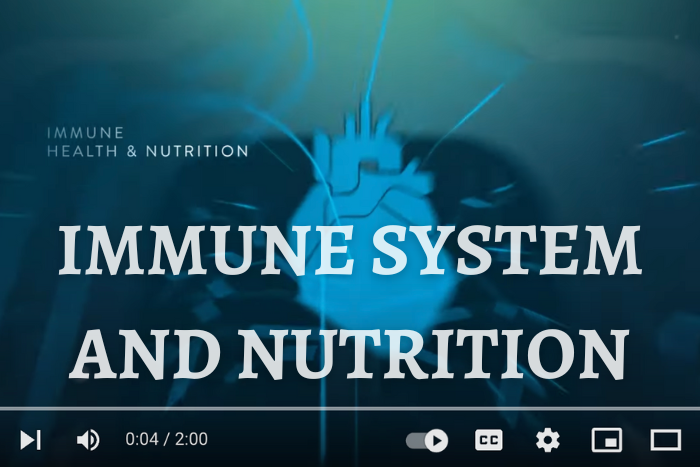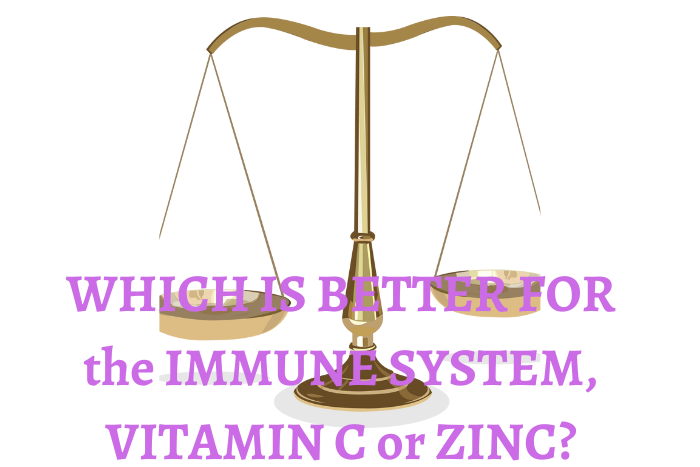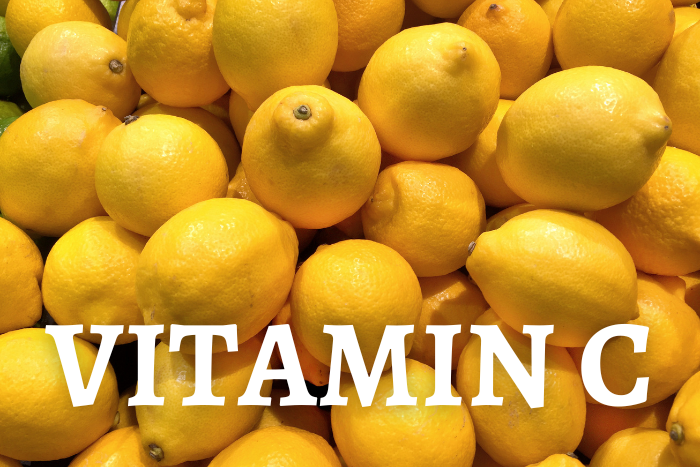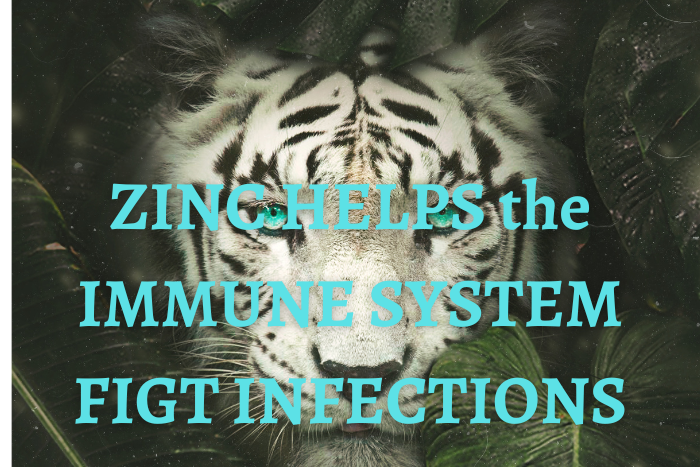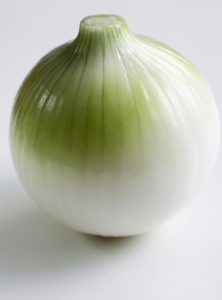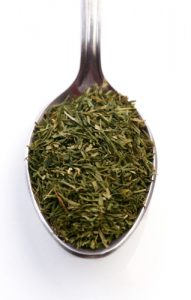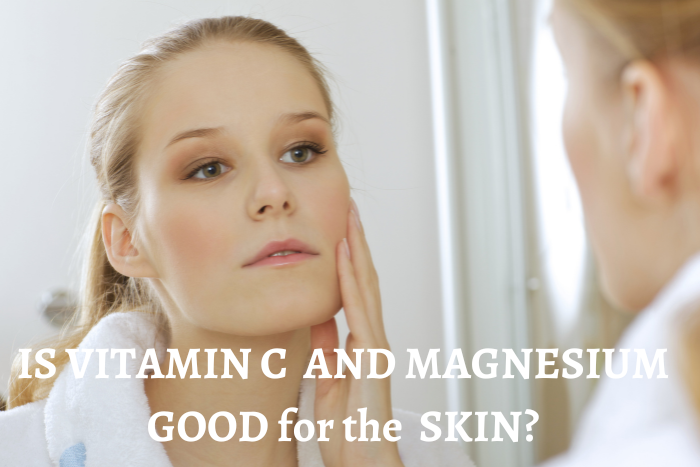
Let’s see what these two nutrients do for the skin. Vitamin C and magnesium are both powerful antioxidants.
What does it mean?
Antioxidants protect organs, tissues, and vessels from free radicals that like to damage cells.
Free radicals are unstable molecules that like to bombard cells and take electrons from their way. In this way, the avalanche of free electrons occurs. These particles attack other cells damaging other electrons that go out pushed from the course.
How do vitamin C and magnesium help the skin?
Magnesium and vitamin C are potent antioxidants that turn off free radicals. Low magnesium levels can compromise cell integrity, damaging the fatty layer in the cell membrane—the skin ages when cells endure oxidative stress, especially in mitochondria. Vitamin C helps get rid of toxins that overload the body. Skin becomes more healthier when body is saturated with antioxidants.
Magnesium antioxidant benefits
Magnesium is a vital mineral that participates in over 800 enzyme systems and helps deal with 65 conditions when the body is deficient in magnesium.
Magnesium participates in energy creation in mitochondria during the Krebs cycle. Without magnesium, people are sluggish, tired, and can be depressed. All these changes affect the skin too.
Imagine yourself without the energy to do something at your job or to your family. You are tired and not in the mood to enjoy the day. How can you smile? Of course, you can pretend that you happy and content but inside you is the feeling that something is not right.
Unpleasant thoughts do not decorate you; they can produce wrinkles in the skin; what is the most unwanted thing if we care about our appearance? Bad-looking skin.
French doctor Pierre Delbet discovered that aging body tissues had three times more calcium than magnesium. Calcium likes to precipitate in tissues when magnesium is deficient.
Calcium has a habit of entering mitochondria when magnesium is absent. The calcification occurs in mitochondria, and it leads to cell death. The skin consists of cells too. If they are dead, think about how your skin will look.
Magnesium’s influence on telomeres
Telomeres are tiny caps on the ends of the DNA. They keep genes from unraveling.
Magnesium plays an essential part in the production of the enzyme telomerase. According to Dr.Carolyn Dean,
Magnesium has the ability to positively affect our genes and keep our telomeres where they belong, at the end of chromosomes.
Dr.Carolyn Dean, The Magnesium Miracle, 394
The aging research is tied to telomeres. Magnesium keeps telomeres intact, which leads to safe and healthy genes.
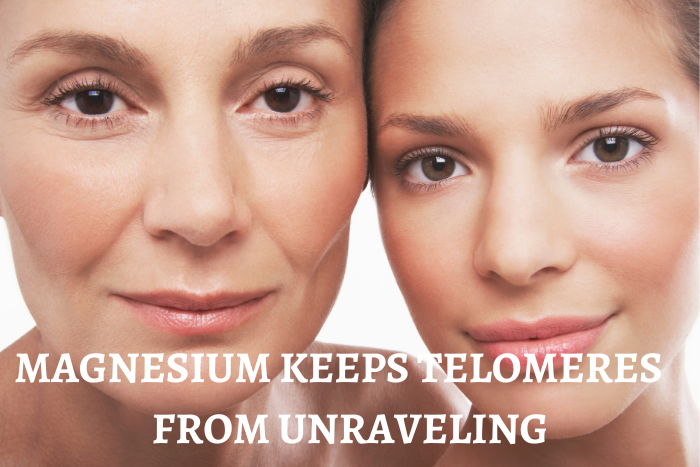
Wrapping up
Magnesium and vitamin C are potent antioxidants that protect cells from free radicals. Without antioxidants, cells are open to attacks of electrons that look to steal a stabilizing electron from another molecule. This process leads to harmful effects such as premature aging. Beauty industry is billions of dollars when usage of magnesium and vitamin C can help the body from devastating effects of free radicals.
External sources of free radicals are infections, such as fungi, viruses, bacteria, allergens, alcohol, stress, chemicals, and X-rays.
Using more antioxidants, such as selenium, and vitamin E, besides magnesium and vitamin C, will turn off free radicals and will protect from DNA damage and further aging.

